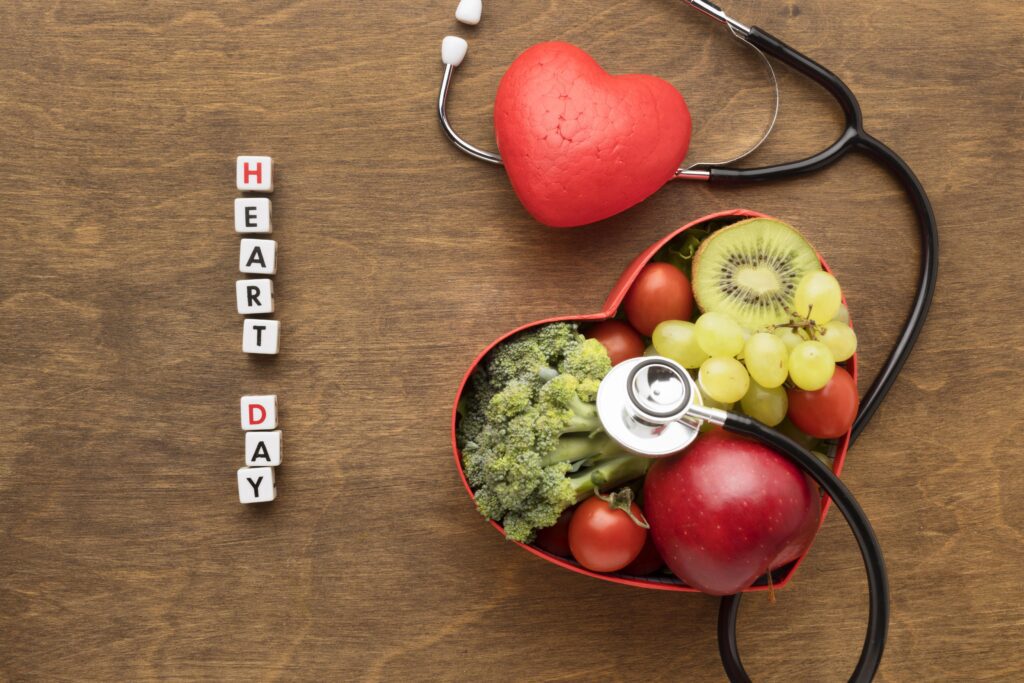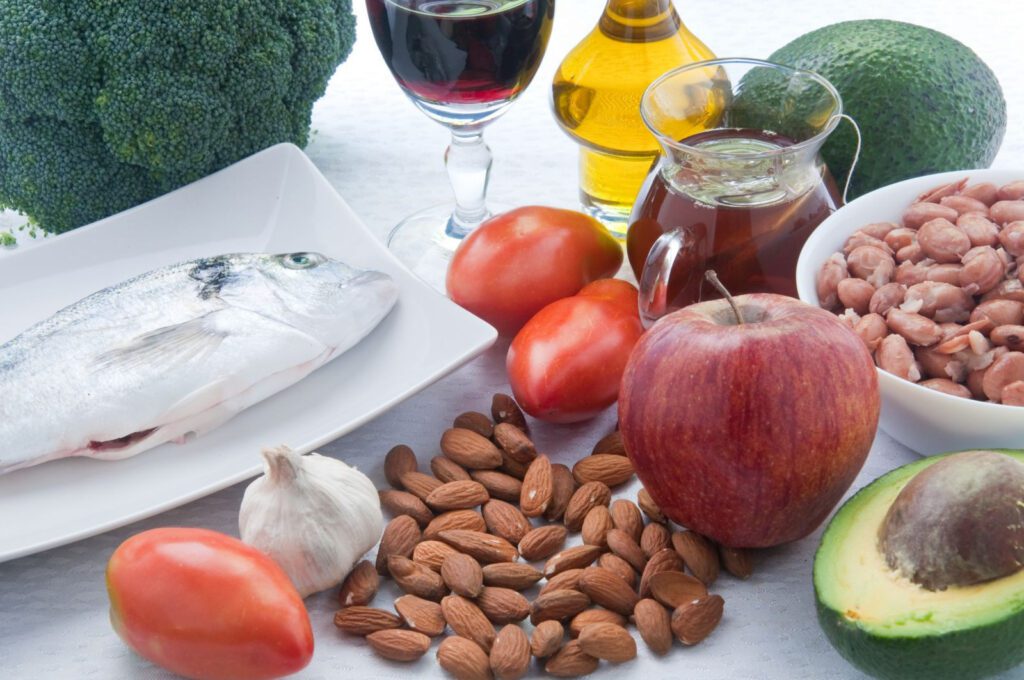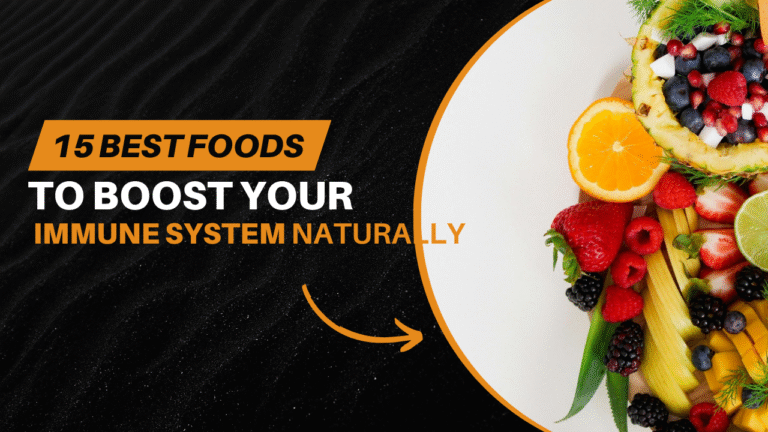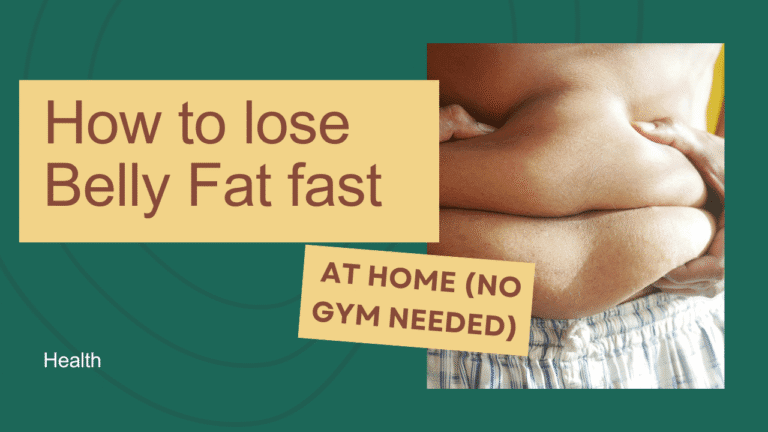What is cholesterol?
Cholesterol is a waxy substance present in your blood. Although your body requires cholesterol to create healthy cells, too much of it can raise your hazard. of heart disease. Cholesterol travels through your blood via two different kinds of lipoproteins:
- Low-Density Lipoprotein (LDL): High levels of LDL, sometimes known as “bad” cholesterol,” can raise the risk of heart disease by causing plaque to accumulate in the arteries.
- High-Density Lipoprotein (HDL): HDL, often known as “good” cholesterol, aids in the removal of LDL cholesterol from the circulation.

Cholesterol Varieties:
For effective heart health management, it’s essential to comprehend the various forms of cholesterol:
- LDL (Low-Density Lipoprotein): This is the main cholesterol transporter in the bloodstream. Elevated LDL levels can cause plaque buildup in the arteries, raising the likelihood of heart disease and atherosclerosis.
- HDL (High-Density Lipoprotein): By helping to remove LDL cholesterol from the blood, HDL lowers the likelihood of coronary artery disease. In general, greater amounts of HDL are advantageous.
- Triglycerides: These are fats that are present in the bloodstream. High triglyceride levels can raise the risk of heart disease, particularly when accompanied by low HDL or high LDL levels.
Cholesterol-Busting Natural Methods:
Making lifestyle changes can greatly affect cholesterol levels. Here are some natural, effective methods:

Changes to the Diet
- Boost Your Soluble Fiber Consumption
Soluble fiber helps decrease the absorption of cholesterol into your bloodstream. Foods high in soluble fiber include lentils, beans, barley, oats, and fruits like apples. brussels sprouts, and pears. To decrease LDL cholesterol levels, aim for 5 to 10 grams of soluble fiber each day. ([Mayo Clinic][1]) - Take Omega-3 Fatty Acids
Omega-3 fatty acids can enhance general heart health and reduce triglyceride levels. Include fatty fish like salmon, mackerel, and sardines in your diet. Plant-based sources include walnuts, chia seeds, and flaxseeds. ([Mayo Clinic][1]) - Reduce Saturated and Trans Fats
Lowering LDL cholesterol can be achieved by cutting back on saturated fats found in full-fat dairy products, butter, and red meat. Steer clear of trans fats, which are found in many baked items and processed foods, as they can lower HDL levels and raise LDL levels. - Include Plant Sterols and Stanols
These compounds, which are present in enriched foods like yogurt drinks, margarine, and orange juice, can aid in preventing cholesterol absorption. Including them in your diet has the potential to reduce LDL cholesterol levels. NHLBI, NIH
Work out:
- Participate in Physical Activity on a Regular Basis
Regular exercise can help decrease triglycerides and LDL cholesterol while increasing HDL cholesterol. Aim for at least 30 minutes of moderate-intensity aerobic activity, such as brisk walking, several days a week. ([Mayo Clinic][3]) - Include Resistance Training
Strength training activities, such as weightlifting, can enhance cholesterol levels by lowering LDL cholesterol and raising HDL cholesterol. Include resistance training activities two to three times every week. ([PMC][4])
Changes to Lifestyle
- Keep a Healthy Weight
Shedding extra pounds might raise HDL cholesterol while lowering triglycerides and LDL cholesterol. Even a little weight reduction of 5 to 10% can have a big positive impact on your health. - Give up Smoking
Quitting smoking lowers HDL cholesterol and enhances cardiovascular health. Your chance of heart disease drops considerably within a year after stopping. - Restrict Alcohol Use
High cholesterol and triglyceride levels might result from consuming too much alcohol. When it comes to drinking, limit yourself to no more than one alcoholic beverage each day for women and two alcoholic beverages for males.
Foods to Consume and Refrain From

Foods to Eat:
- Fruits and Vegetables: High in fiber, antioxidants, and vital nutrients.
- Whole Grains: Quinoa, whole wheat bread, and brown rice are excellent sources of soluble fiber.
- Legumes: Chickpeas, lentils, and beans are great sources of plant-based fiber and protein.
- Seeds and Nuts: Flaxseeds, almonds, walnuts, and chia seeds provide fiber and good fats.
- Fatty Fish: Salmon, mackerel, and sardines have a lot of omega-3 fatty acids.
Foods to Stay Away From:
- Red Meat: A source of saturated fats that might increase LDL cholesterol.
- Dairy Products High in Fat: Cheese, butter, and cream all contain saturated fats.
- Processed Foods: Trans fats are found in a large number of packaged snacks and baked products.
- Fried Foods: Frequently prepared using oils rich in unhealthy fats.
Treatment and supplements.
Some supplements may aid in lowering cholesterol levels:
- Fish oil: Fish oil pills are a good source of omega-3 fatty acids and can help lower triglyceride levels. Mayo Clinic
- Plant Sterols and Stanols: These can help lower LDL cholesterol and are sold as supplements.
- Garlic: According to some research, garlic supplements may help lower cholesterol levels somewhat.
- Flaxseed: Ground flaxseed is an excellent provider of omega-3 fatty acids and soluble fiber.
Before beginning any new supplement, always speak with a healthcare professional.
When You Should See a Doctor
If: seek advice from a medical expert.
- Even with lifestyle modifications, your cholesterol levels stay elevated.
- You have a family history of heart illness or high cholesterol.
- You have symptoms such as chest pain, shortness of breath, or exhaustion.
Maintaining good heart health requires routine cholesterol tests and checkups.
Questions That Are Frequently Asked.
Q: How soon can cholesterol be reduced by lifestyle changes?
A. Within four to six weeks of starting a regular exercise program and a heart-healthy diet, notable changes are apparent.
Q: Is it possible to lower cholesterol without drugs?
A. Yes, dietary adjustments, physical activity, and lifestyle modifications can all help people lower their cholesterol. However, if lifestyle modifications are inadequate, some people may require medicine.
Q: Do natural supplements have any negative effects?
A.Some supplements may have adverse effects or interact with drugs. Before beginning any new supplement, it’s crucial to speak with a healthcare professional.
You may successfully control and lower your cholesterol levels by using these all-natural techniques, which will result in better heart health. Before making any major adjustments to your food or fitness schedule, always speak with a healthcare professional.






One Comment